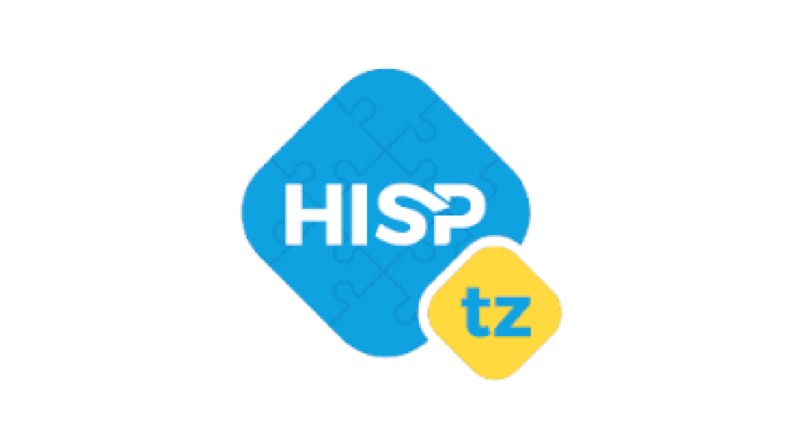The DHIS2 Annual Conference takes place from 15-18 June 2026! Learn more
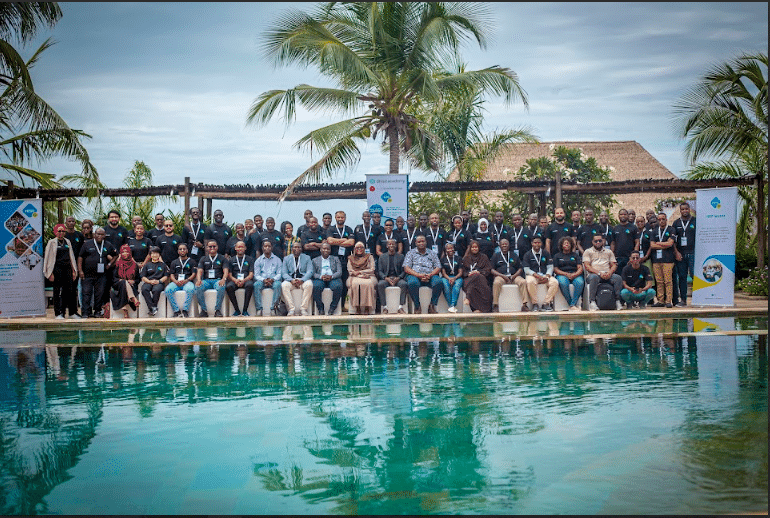
Tracker Data Capture & Analysis
Join us for this exciting five-day Academy led by DHIS2 experts, University of Oslo and HISP Tanzania focusing on Tracker Data Capture & Analysis.
Format
In PersonLocation
Zanzibar, TanzaniaStart date
26 Aug 2024End date
30 Aug 2024Jump to a section on this page
Academy Overview
The Tracker Configuration specialization Academy will teach you how to understand DHIS2 tracker features and how to enter, create outputs from and analyze tracker data. Introduction to the tracker data model in DHIS2, the latest tracker features, how tracker data can be captured on both Web and Android devices, and built-in tools and supplementary apps for creating analysis outputs, including tables, charts, maps and dashboards.
This is an opportunity to gain in-depth knowledge.
The Academy is organized with purposes:
- Enhance comprehension of the new functionalities offered by DHIS2 Tracker.
- Improve proficiency in entering tracker data.
- Introduce and sharpen skills in generating analytical outputs from tracker data.
Learner Profile & Prerequisites
This Academy targets:
- Operational Leads: You act as the lead project manager and will liaise with senior stakeholders to determine the vision of the HMIS. You are responsible for coordinating projects with internal and external partners and responsible for ensuring the implementation of an integrated design within the HMIS, considering approaches for long-term sustainability and how DHIS2 will function within an overall health information architecture
- Implementers: You are responsible for operationalizing and scaling up the DHIS2 configuration. You work with all other roles in order to understand a program’s requirements and develop solutions to meet them. This includes adding additional functionality, integrating new programs, modifying routines to incorporate DHIS2 and supporting users to use the application. Processes and procedures, including upgrade procedures, managing metadata and users, etc. is often also drafted by the implementation team.
- DHIS2 Trainers: You support the training of staff to use DHIS2, developing training material, documentation and job aids for use within the implementation. You can operate at various levels, focusing on fundamental concepts including data-entry, to more advanced concepts such as data use or system administration. Trainer’s will typically overlap with another role, using their expertise from other roles to inform the content that is presented during training.
- Subject matter experts: You have experience on how services are delivered within various settings (schools, health facilities, etc.) and understand the types of information that is required to effectively monitor and evaluate a program’s delivery. You will be able to assist with the review and analysis of data, support the implementation of indicator frameworks and contribute to identifying and defining the types of analysis the program should routinely have access to.
- Program Manager: You coordinate various project’s within the specific program you are responsible for. Program managers are often responsible for the outcomes of these projects and for reporting progress directly within their organization (such as a government ministry). They have a broad understanding of their programs monitoring and evaluation needs, including the inputs and outputs required to manage the program effectively. Program manager’s should work with the operational lead responsible for implementing DHIS2 in order to communicate their specific requirements. This can be one of their staff or a co-ordinating body, such as the Health Information Systems unit.
Format & Learning Outcomes
Learning Objectives
- Introduction to DHIS2 Tracker Data Model, Design Principles and terminologies
- Applying Tracker Model to different Tracker use cases
- Ability to enter Tracker data; Web and Android
- Describe the latest tracker features as well and how to use them
- Basic Configuration of DHIS2 Tracker Analytics
Facilitators
A practical training program will make sure the facilitators and participants can work together on learning the principles and skills to review design, configure and analyze tracker data. With an emphasis on experience and solution sharing among countries and to promote networking and collaboration among DHIS2 implementers in the region, this academy will include several global and regional DHIS2 experts where you will be able to discuss your requirements and implementations during the academy.

Dr Prosper Behumbiize, HISP Uganda
Dr Prosper Behumbiize is currently working with the DHIS2 Global Implementation Team with the Global HISP – University Of Oslo and he is based at HISP Uganda. Previously, Prosper worked with US Centers for Disease Control and Prevention in Uganda where he was supporting the design and implementation of Health Information for 13 years. He is a DHIS2 community member and has supported a number regional and global national DHIS2 implementations. He is a prominent DHIS2 use case implementer and his expertise has been recognized by a number of Organizations and Agencies through awards and recognitions among other distinctions.
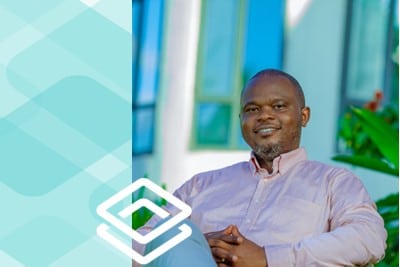
Dr Wilfred Senyoni, HISP Tanzania
Dr. Wilfred Senyoni boasts over 15 years of experience as a Health Information Systems Implementer. He has played a key role in implementing national Health Information Systems in Tanzania and various other countries worldwide, including South Sudan, Somalia, Kenya, Eritrea, and Indonesia.
Dr. Senyoni is also a researcher whose work is firmly grounded in a participatory action research framework. This approach involves close collaboration with public health practitioners, data managers, and policymakers.
He possesses extensive experience managing research and consultancy projects involving diverse stakeholders at both national and regional levels.

Daisy Kusiima, HISP Uganda
As an experienced DHIS2 expert, DHIS2 Implementer, & DHIS2 trainer, Daisy brings expertise in health, education, and other DHIS2 domains. She is actively involved in DHIS2 projects both in Uganda and internationally, and has served as a DHIS2 trainer at various international academies.

Tuzo Engelbert, HISP Tanzania
A seasoned DHIS2 implementer and technical advisor, Tuzo offers extensive expertise across various health and non-health domains. His key strength lies in server administration and management.
Tuzo actively contributes to numerous DHIS2 projects within Tanzania and internationally. This includes providing technical assistance to countries in the region, building capacity for Ministry of Health teams, and serving as a trainer at multiple international DHIS2 academies.

Khadija Mzava, HISP Tanzania
Experienced Information Systems Analyst & Implementer, boasting over 6 years of expertise in designing and implementing Information Systems. Engaged in diverse projects centered around the development and implementation of information systems, with additional experience as a Trainer supporting multiple countries, including Tanzania.

Dr Ayub Manya, HISP Kenya
Public Health specialist with over 30 years of experience. He holds a PhD in health information systems and leads data analytics for the Kenyan Ministry of Health. A DHIS2 champion since 2010 (leading its Kenyan implementation), he trains others and consults internationally to leverage health data for improved healthcare systems.
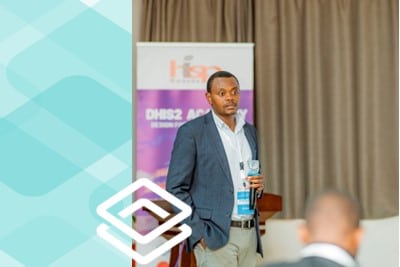
Venuste Nsanzumuhire, HISP Rwanda
Venuste is seasoned DHIS2 implementer with over 13 years of experience. Currently leading DHIS2 implementation and capacity building efforts in the region. Supported the implementation of DHIS2 as the national HMIS system in Rwanda and subsequently transitioned to supporting DHIS2 implementation and capacity building across more than 10 countries within the region for international organizations.
Fees & Registration
The Academy fees are USD 750 and include:
– Training materials
– Lunch breaks
– Two coffee breaks per day
Venue & Accommodation
Forodhani Park Hotel and Spice Palace Hotel Maps
Located at the heart of Stone Town approximately 27.0 km and 21 minutes from Abeid Amani Karume International Airport, Forodhani Park Hotel and Spice Palace Hotel have simple well-organized and comfortable rooms with free Wi-Fi, Satellite TV Channels, tea and coffeemaking equipment, as well as room service.
It also incorporates other amenities including an outdoor pool, private beach, free wi-fi, and a restaurant available to order various types of food.
Exclusive discount rate
We are happy to confirm an exclusive discount rate of USD, 80 per night including; free WiFi, bed and breakfast, swimming, and water in the room.
Please use the following contact details for your booking;
Forodhani Park Hotel and Spice Palace Hotel, Number: +255-777-030-101
Email: reservations@forodhaniparkhotel.com
Website: Forodhani Park Hotel & Spice Palace Hotel
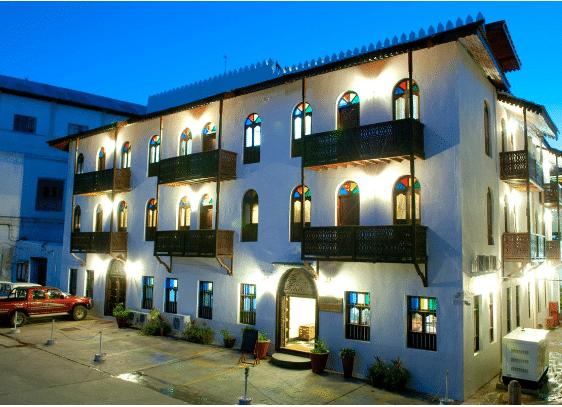
Travel Information
Airport: The largest airport in Zanzibar is Abeid Amani Karume International Airport and is the single air gate to the international community. The main airlines operating in Zanzibar are Air Excel, Air France, Air Tanzania, Coastal Aviation, Coastal Travels, Condor, Edelweiss Air, Ethiopian Airlines, Flexflight, Fly540, FlyDubai, and FlySafair. A lot of international airlines fly to Abeid Amani Karume International Airport from various destinations in the globe.
Invitations: The event organizers will issue support letters, if required, only to those delegates who have registered for the academy.
Immigration and Visa Information: Travelling to Tanzania requires Visa from Tanzanian Diplomatic Missions of your Country of residence or where there’s not a traveler sent a request for an entry facility on line, which will be used to obtain a visa on any official point of entry in Tanzania. Single entry tourist visa costs $50. Participants from EAC and SADC countries will not require Visa to enter Tanzania.
Airport Transfer: Airport Taxis (you can ask from airport officials for directions) are available at the airport to various Hotel destinations in Zanzibar at an average fare of about $20.
Time zone: GMT + 03:00
Climate: Zanzibar is a Tropical region due to its proximity to the equator and the warm Indian Ocean, the city experiences tropical climatic conditions; therefore, it is warm in August, with an average temperature of 29 degrees during the day and 21 during the night.
Currency: Tanzanian Shillings
Banking and ATM: Zanzibar has many bank service operators and most of them accept international cards and provide Money transfer services. The preferred banks are People’s Bank of Zanzibar, ABSA Bank, Y9 Bank, PBZ Islamic Bank, Equity Bank, Diamond Trust Bank (DTB), NBC Bank Zanzibar, Bank of Tanzania, Exim Bank, and CRDB Bank you can find them in Zanzibar. With your VISA card, you can withdraw money from ATM machines or get bank services from a bank officer with a MasterCard or VISA card.
Services and goods in Zanzibar are mostly paid in Tanzanian currency so at your arrival please visit an exchange bureau to get the local currency. The exchange rate varies but the current average is 1 USD = 2600 tsh. Please visit this website for daily exchange rate: Bank of Tanzania at http://www.bot.go.tz/
Official Language: The official language is Swahili and English
Electricity: Type G British BS-1363 Type D Indian BS-546 5amp 220-240 Volts AC.
Healthcare:It is a requirement to have been vaccinated against yellow fever 21 days upon arrival into the country and COVID-19, this will be verified at the airport with yellow fever and COVID-19 vaccination card/certificate.
Health care in Tanzania is available depending on one’s income and accessibility. People in urban areas have better access to private and public medical facilities. Insurance has only in recent years been introduced whereas pension schemes have been around longer but the limitations of either are vast and do not attend to the needs of the majority of Tanzanians.
The Health Facility nearby is Glopal Hospital, which has an IAA Insurance scheme and many other local and internationally recognized medical insurance.
Contact Us
Should you have additional questions about this DHIS2 Academy, please contact the DHIS2 Academy team at tracker2024@dhis2.org
Terms & Conditions
Please review our Terms & Conditions, which apply to every person registering as a participant for a DHIS2 Academy.
Our partners
This Academy is hosted in partnership with HISP Tanzania.
